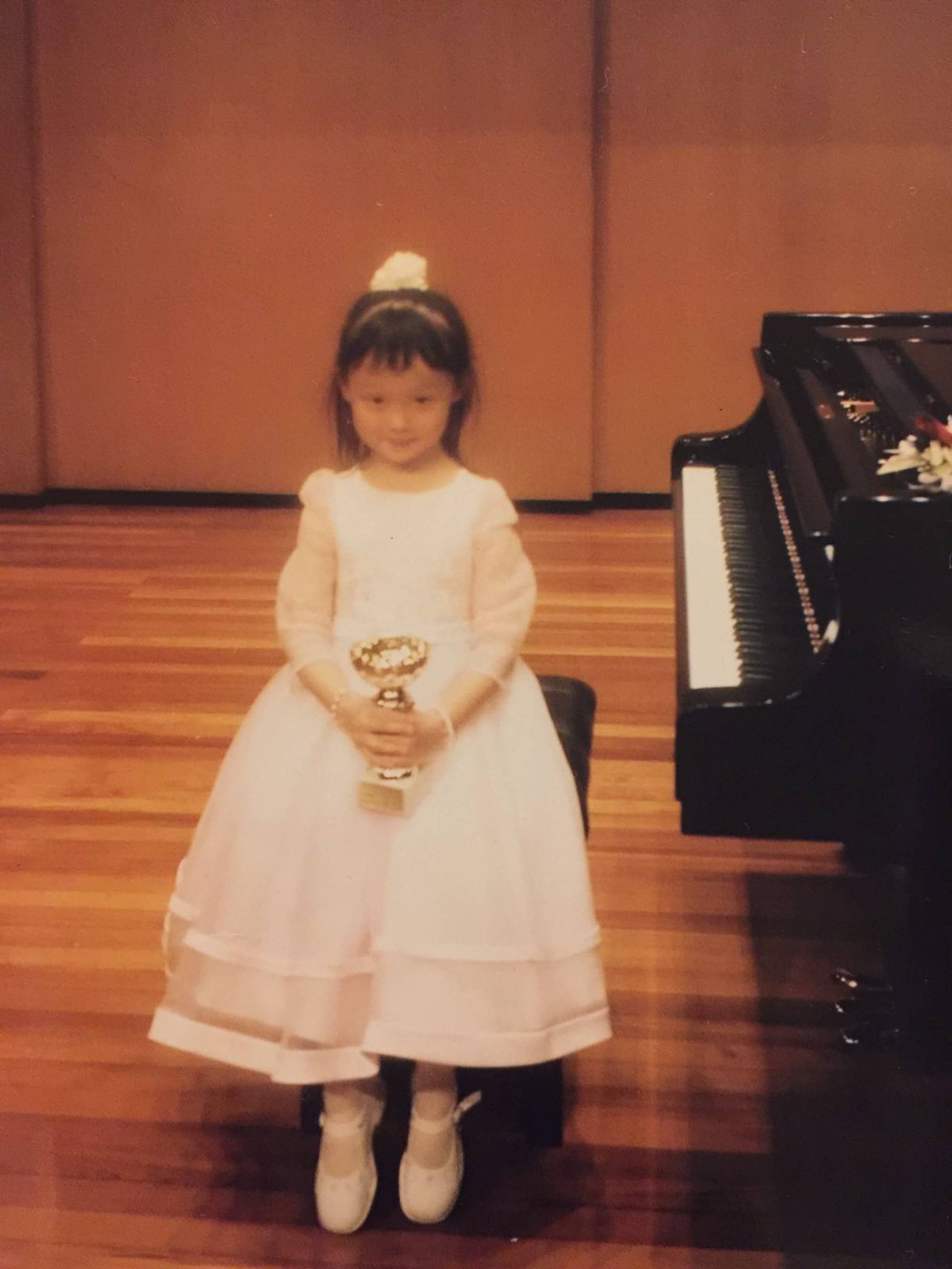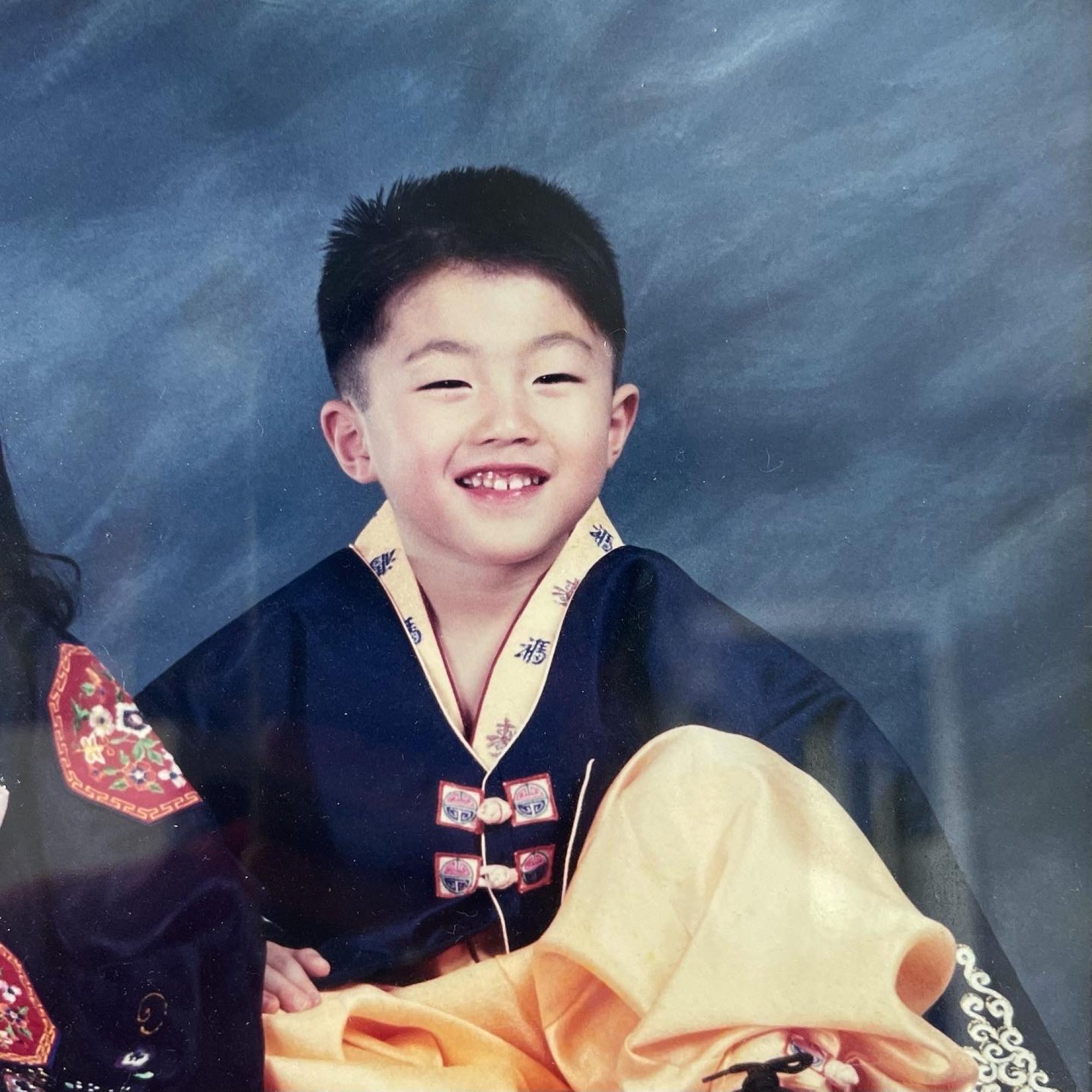
‘It’s so hard being in your mid-twenties’: Asian musical duo Sundial on making mistakes, the American dream and helping people feel less alone
- Dorothy Chan and Jisu Kim of Sundial often write songs about the insecurities, anxieties and conflict in their lives, and do so again on EP The Roaring Twenties
- They talk to the Post about the album, growing up in Hong Kong and the US respectively, touching people with their music – and getting matching tattoos
There is a good reason the quarter-life crisis is such a universal phenomenon – our twenties can be messy, exhilarating, confusing and transformative.
It is a time when people question their lives, careers and relationships, but also a time when people make lifelong memories and experience immense growth.
For singer-songwriters Dorothy Chan and Jisu Kim – who form the musical duo Sundial – the difficulties of living life in their twenties have served as an endless source of inspiration for their music.
That is why the couple named their latest EP, which dropped on September 15, The Roaring Twenties – the title is a nod to all the ups and downs that come with growing up.

“It’s so hard being in your mid-twenties, just feeling lost,” Chan says. “I think we really wanted to capture that.”
“Especially during your early twenties, you go through a lot of self-discovery,” Kim adds. “You make a lot of mistakes … I think there is something very traumatic about living, period.”
“Art definitely imitates life,” she says. “No 20-year-old in this world was prepared to go through a pandemic, be locked inside a home for two years, have their twenties literally robbed from them, and then just have life spring back to normalcy in a matter of seconds.”

The pair’s musical inclinations go back to when they were children growing up in Hong Kong and Atlanta respectively.
“My parents figured out I had perfect pitch because I would play my dad’s favourite Cantonese songs back after he would play them [on the speakers],” Chan says. “They ingrained in me that I have this gift. So I’m like, OK, I want to use it somehow.”
After years of taking part in piano competitions, Chan started taking singing lessons and writing songs when she was in ninth grade. Since her first year of high school, she had dreamed of attending the Berklee College of Music, in Boston, Massachusetts.

Meanwhile, Kim – who was born in South Korea but moved to Atlanta with his family when he was one – started playing the piano when he was five years old and picked up the cello in primary school.
While in his teens, Kim also began playing the guitar and dabbling in producing.
“I basically found that I needed to do music,” he says. “I would come home, produce for hours and then play video games until the night. Three hours of sleep, go to school, rinse and repeat, for the longest time.”

Chan and Kim eventually crossed paths while they were both attending Berklee in 2015. After meeting through mutual friends, they began dating in November that year and started making music together in spring 2016.
At the time, Chan and Kim chose the name Sundial as a nod to the passage of time and the documenting of life, around which they hoped to centre their music. They even have matching sun tattoos on their wrists, the result of a spontaneous visit to a tattoo studio with a friend.
“We thought we were deep, you know?” Kim says. “But it ended up working out, because I still believe in the original idea and the vision.”

Throughout their time at college, the pair released a string of songs, the first of which was “Your Scarf”, a song that was inspired by the four seasons. Three other songs followed, which were all released on Sundial’s Yours EP.
With their savings, the couple decided to go all in with their music and, when their tenancy in Los Angeles ended in late 2020, they moved to Atlanta and to Kim’s parents’ house – a change in environment that inspired several of the songs on their new EP, including “Grass is Greener” and “24”.

Another notable song is “The American Dream”, which delves into the pair’s complex and nuanced feelings on being Asians and immigrants in the United States.
“I was never one of those people that [was] entirely super proud of [their] hometown,” Chan says. “I’m so [ashamed] to say that now, but it’s like this grass is greener thing where I’ve always wanted to go to America and I’ve always wanted to make a life in America.”
Having studied at an international school and been engrossed in American culture from a young age, Chan had romanticised the US and viewed it as the gateway to her future.

The lyrics of “The American Dream” reflect these nuanced feelings, touching on the complexities that come with being unable to find a sense of belonging or community and existing between different cultures and identities.
“Don’t ask me where I’m from / I don’t know what to say / ‘Cause the place where I grew up thinks I have changed,” Chan sings.

Meanwhile, Kim was always one of the few Asians in school. That presented a different set of challenges, represented by a later verse in “The American Dream”, in which Sundial sing:
“And I still think of seventh grade / Grandma packed my lunch that day / Friends made fun of how it smelled / I laughed along and threw it away.”
Kim says: “It’s strange, because I call myself Asian-American. But if I go back to Korea, it’s blatant that I’m American.”
And yet, he says, reflecting on the diversity of Asian-American identity: “The type of Asian-American [that I am] is completely different from someone who’s in their mid-twenties or thirties moving to America for a better life for their kids.”
Although Chan did not think initially that people would be able to relate to such niche feelings, she realised how widespread and relatable her and Kim’s experiences were after posting short-form videos on social media with “The American Dream” as the soundtrack.

“I felt like a part of myself really healed from that, because it’s a lot to be vulnerable on social media about something that’s this deep,” she says. “To see people relate to it and find a community with each other – I think [that’s] really special, and it’s so nice to see that it also helps people feel less alone.”
That ability to touch others is a huge motivator for Chan and Kim to continue releasing music, even when they might face insecurities and uncertainty in their personal lives.
“Anytime a fan comes up to us and says, ‘Hey, this affected my life in a certain way,’ that’s reassurance for me,” Kim says. “Even if this completely crashes and burns, we made a positive impact in someone’s life. That’s super important, because I definitely have artists where without them, I wouldn’t be who I am today.
“The fact that we can be that for some people is just crazy. It’s such a blessing.”

